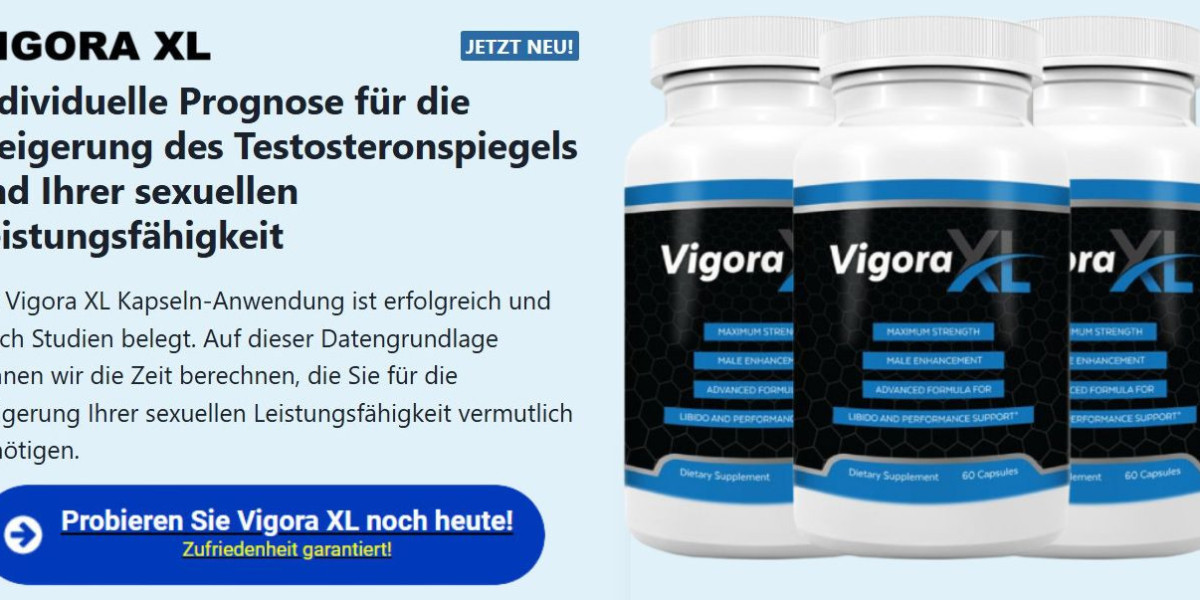Vitamin B4, once considered a key part of the B-vitamin family, has all but disappeared from modern nutritional discussions. Despite its once-prominent position in the realm of essential nutrients, it is now largely absent from the conversation on vitamins. So, what happened to vitamin B4? Why is it no longer widely recognized, and what role did it play in human health? In this blog, we'll explore the mystery surrounding vitamin B4, its history, its classification, and why it fell out of favor in the scientific community. Kintai healthcare company will also examine some key questions surrounding this enigmatic nutrient, its historical importance, and its potential impact on our health.
1. What is Vitamin B4 and Why Was It Important?
Vitamin B4, also known as adenine, is a purine nucleotide that was originally classified as a member of the B-vitamin complex. It plays a vital role in the metabolism of nucleic acids (DNA and RNA) and is involved in the synthesis of adenosine triphosphate (ATP), the energy currency of cells. In this section, we will take a closer look at what vitamin B4 is, its functions in the body, and why it was initially thought to be a necessary nutrient for health.
The Role of Adenine in the Body
Adenine, as part of DNA and RNA, helps maintain genetic integrity and supports the cellular mechanisms that are essential for life. It plays a crucial role in cellular respiration and energy production. In the early 20th century, scientists recognized its importance and classified it as a member of the B-complex vitamins.
Vitamin B4’s involvement in ATP production is especially significant. ATP is essential for almost all cellular processes, including muscle contraction, protein synthesis, and maintaining cell structure. Additionally, adenine is critical in the formation of nucleotides, the building blocks of DNA and RNA. This means that it is indispensable for the production of new cells, a process that is constantly occurring in the body.
Historical Use of Vitamin B4
In the 1930s and 1940s, as researchers began to unravel the complexities of human nutrition, the concept of the B-complex vitamin group emerged. Vitamin B4 was included in this group because of its role in cellular function and its effects on health. However, as research progressed and the roles of other B-vitamins like B12, B6, and folate became clearer, the distinction of vitamin B4 began to fade. Adenine, it turned out, was not an essential nutrient in the way other vitamins are, as the body could synthesize it from other sources.
2. Was Vitamin B4 Ever Considered Essential for Human Health?
One of the critical reasons for vitamin B4's fall from grace was the realization that it is not technically an essential nutrient for humans. The body can produce adenine through the purine biosynthesis pathway. This means that even though adenine is important for cell function, we do not need to obtain it directly from our diet.
The Biochemical Pathway Behind Adenine Synthesis
The synthesis of adenine in the human body is a complex biochemical process that involves several steps. Starting with amino acids such as glycine and glutamine, and using other molecules like formate and ATP, the body can create adenine in sufficient quantities. This process allows us to produce the purine nucleotides necessary for DNA and RNA synthesis without needing to consume adenine directly.
The Shift in Nutritional Understanding
As biochemistry advanced, it became clear that, unlike other B-vitamins that must be obtained from the diet, vitamin B4 (adenine) could be synthesized endogenously. This was a turning point in the understanding of B-vitamins and led to the reclassification of vitamin B4. Since the body could make its own supply, it was no longer considered an "essential" vitamin in the traditional sense. This is a significant reason why vitamin B4 was removed from the list of officially recognized essential vitamins.
3. Why Was Vitamin B4 Removed from the Vitamin B Complex?
The reclassification of vitamin B4 from a key part of the B-complex vitamin group to a non-essential compound is one of the most important developments in the history of human nutrition. This section will explore the factors that led to the removal of vitamin B4 from the list of essential nutrients.
Research Advances in Biochemistry
As researchers delved deeper into the intricacies of human biochemistry, they found that many of the functions once attributed to vitamin B4 were actually the result of other B-vitamins, such as B12 and folate. These vitamins, along with others in the B-complex group, are directly involved in metabolic pathways related to energy production, cell growth, and repair. In comparison, adenine’s role in these processes, while important, was not as critical as once believed.
The Discovery of Vitamin Synthesis
Once scientists realized that adenine could be synthesized by the body, the notion that it was an essential dietary requirement began to wane. This new understanding made it clear that adenine was not a vitamin in the same way as other nutrients like vitamin C or B12, which humans cannot produce on their own and must therefore obtain from food sources. As a result, the term "vitamin B4" lost favor, and the scientific community moved toward a more accurate understanding of the body’s needs.
The Impact of This Reclassification on Nutrition
The removal of vitamin B4 from the B-vitamin complex was not just a scientific adjustment but also had implications for how we understand the role of vitamins in overall health. This shift helped highlight the importance of studying the body's ability to synthesize certain nutrients, which led to a more nuanced understanding of human nutritional needs. The focus moved toward other essential vitamins that are difficult to obtain through diet alone.
4. Could Vitamin B4 Still Have a Role in Human Health?
Despite its removal from the list of essential vitamins, is there still a potential role for adenine (vitamin B4) in human health? This section will explore whether there are any benefits to supplementing with vitamin B4 and its relevance to modern health practices.
Adenine and Cellular Health
Recent research suggests that adenine may have benefits beyond its basic role in nucleotide synthesis. It may contribute to cellular health by supporting DNA repair and maintenance. The ability to regenerate cells and repair genetic material is crucial in preventing aging and certain diseases, and adenine’s role in these processes cannot be overlooked.
Potential Role in Heart Health
Adenine's involvement in ATP production means that it is important for cardiovascular function. Some studies have suggested that purine metabolism, including adenine, may play a role in maintaining heart health. Adequate ATP levels are crucial for the proper functioning of heart muscles, and ensuring a balanced metabolism could help prevent cardiovascular diseases.
Theories About Supplementation
Though adenine is not an essential nutrient, some theorists believe that targeted supplementation could support various aspects of health, including metabolic disorders or conditions involving poor cellular energy production. However, it is important to note that such theories remain speculative, and more research is needed to substantiate these claims.
5. What Happened to Vitamin B4 in Popular Supplements and Diets?
Once deemed a critical part of the B-vitamin family, why does vitamin B4 no longer appear in most vitamin supplements and diets? In this section, we will look at the current state of vitamin B4 in the world of nutritional supplements and its relative absence from modern dietary recommendations.
The Decline of Vitamin B4 in Supplementation
As the understanding of vitamin B4 evolved, its place in commercial supplements dwindled. With the realization that adenine can be synthesized by the body, there was less incentive for manufacturers to include it in multivitamins or other dietary supplements. Today, you will rarely see "vitamin B4" listed on supplement labels, as the body no longer requires an external source of this nutrient.
Modern Diets and Nutrient Synthesis
Modern nutrition has shifted its focus to vitamins that cannot be synthesized by the body and must be consumed through food. Vitamins like C, D, and B12 are more commonly featured in diet plans and supplements because they are difficult for the body to produce in sufficient quantities. Meanwhile, adenine's disappearance from supplements reflects a growing understanding of the body's ability to meet its needs through internal processes.
The Future of Vitamin B4
While vitamin B4 may no longer be considered essential or necessary for supplementation, ongoing research into nucleotide metabolism and cellular health could revive interest in this compound. However, unless new health benefits are discovered that directly relate to adenine, it is unlikely that vitamin B4 will make a significant comeback in the supplement market.
Conclusion
Vitamin B4, once recognized as an essential part of the B-vitamin complex, has gradually faded from nutritional discussions due to the body's ability to synthesize it internally. Despite its importance in cellular function and energy production, the discovery that adenine can be made by the body led to the reclassification of B4 as a non-essential nutrient. Though no longer widely discussed in modern health circles, adenine's role in cellular health and its potential for targeted use in certain medical conditions may still offer valuable insights for the future. More information can be seen:https://www.healthkintai.com/knowledge
References
- National Institutes of Health (NIH). (2024). "Adenine and Purine Metabolism." NIH.gov
- National Library of Medicine (NLM). (2023). "Purine Biosynthesis and Its Role in Cellular Function." PubMed
- Harvard T.H. Chan School of Public Health. (2024). "Vitamins and Supplements: What You Need to Know." Harvard.edu 4








